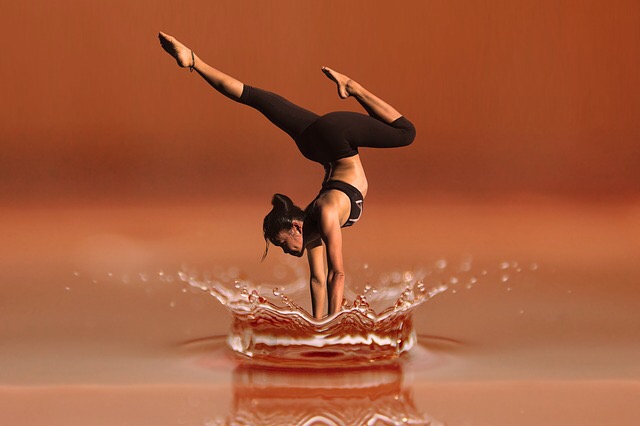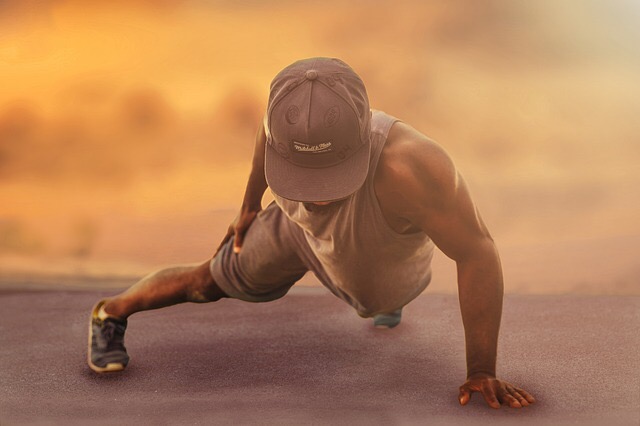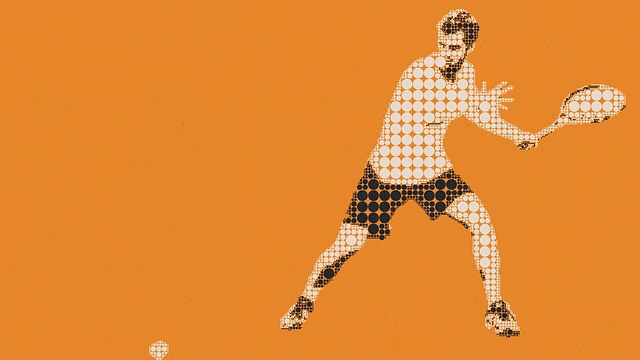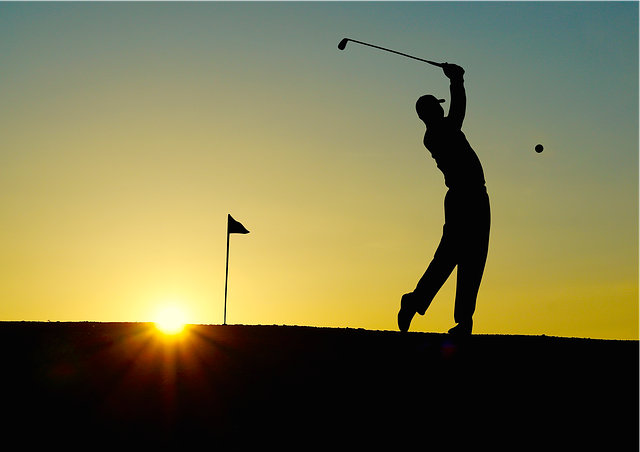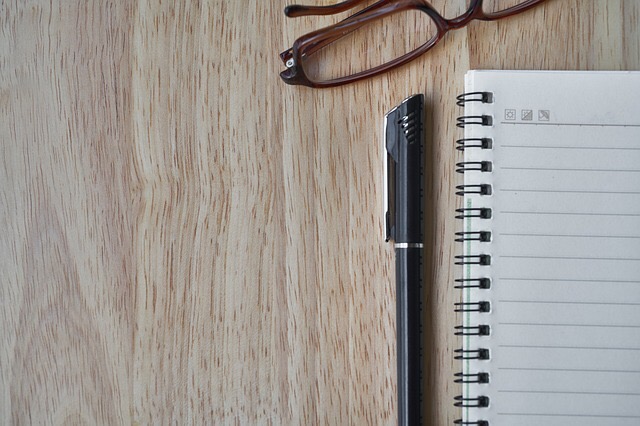Archive for February 2018
What Can Water Do For Your Spine?
Why continue to deprive yourself of H2O?
Americans, as a whole, are chronically dehydrated. Despite our better intentions, we often choose caffeinated, sweet drinks over boring old H2O; by doing so, we neglect to provide our body with the water it needs to succeed. What are we foregoing when we don’t hydrate sufficiently?
- Cells can’t repair as efficiently
- Your heart has to work harder to get oxygen to the muscles
- Waste and toxin-removal processes in the body are hampered
- Joints dry out and lose range of motion, causing pain
These bullet points are just the tip of the iceberg. Chronic dehydration can become so engrained in our lifestyle that we establish it as the new baseline for normal. This is dangerous because of the unquanitifable long-term effects of dehydration on our bodies. Read on to find out about the importance of water in spinal health.
Athletes Excel with Chiropractic
The pursuit of athleticism
In the end, the only thing that really matters is how good you feel on a daily basis. Athletes are athletes because they derive enjoyment out of their sport- it makes them feel good both mentally and physically. There is a direct reason for this; physical activity affects your wellbeing by:
- Releasing endorphins which fight pain and stress and make you feel happy
- Releasing a protein known as Brain-Derived Neurotrophic Factor, which provides a restorative effect for the neurons in your brain.
This neuromusculoskeletal relationship explains why the pursuit of athleticism is linked with higher levels of happiness. The Olympics are notable for outpourings of passion that prove exercise has a powerful role in the human experience.
Chiropractic for Athletes: Spotlight on Tennis
Tennis is a holistic wellness activity
Millions of people worldwide enjoy the sport of tennis while simultaneously using it to socialize and stay in shape. But the biomechanical demands of the sport mean that many of these players will sustain a sports-related injury in a given year. The strains for your body particular to the movements involved in tennis include:
- Hard foot plants: shear forces place a strain on the joints in the leg and spine, contributing to spinal misalignment and associated dysfunction.
- Repetitive stress: repeated movements place a disproportionate amount of stress on certain parts of the body, including the spinal joints.
- Ballistic motions: spontaneous propulsion of limbs in upper extremities places high levels of pressure on joints in the arms and spine.
- Twisting motions: side-to-side force increases pressure on the spinal joints.
Golfers Go Low with Chiropractic
Why is back pain so rife in the golf community?
Many people would point to the prevailing age demographic of the golf community as a contributing factor, but the link is much deeper than that. Despite its reputation as a low-key sport, golf challenges our bodies by demanding a unique combination of movements. While these movements are of a generally beneficial nature, they also present a unique set of challenges for spinal health. The torsion involved in a powerful swing, along with the constant bending over, are some of the most damaging movements for our spines. Unless we take steps to strengthen and protect our spines, back pain is an almost inevitable outcome.
Crunch Time and your Spine
How do you grind?
When the pressure is on, any conscious awareness of spinal health seems to dissolve. It Is one of the first things that goes, and it goes because of the interconnectivity of stress. Mental stress contributes to muscle tension, which means we tend to tighten up: you can feel this effect in that stiff neck at the end of the day. Excess muscle tension also tends to pull our spines out of alignment and increase the interference in our nervous system. Our posture gets stuck; we spend long chunks of time with our shoulders pinned inwards, our upper back rounded and our neck held forward. All of these positions increase pressure on the spine, which leave us sore and out of whack at the end of the day. Chances are, we wake up stiff the next day as well, and reach straight for the caffeine. This takes the meaning of “grinding,” to a whole new level.

